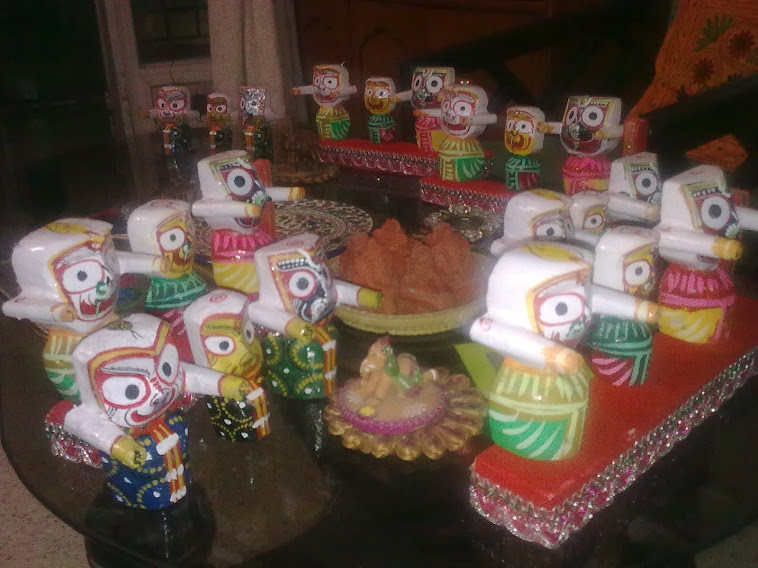


The meme effort threw up interesting ideas. Ruth said, talking about one's 'waekness' as a writer wasn't part of the original meme. But strengths go hand-in-hand with weaknesses, don't they? Perhaps one's greatest strength would be to face those weaknesses and overcome them.
Zafar said, "I wish you had written more about your writing process, your publications and how you deal with publishing successes and failures."
So here's my take. The writing process, especially with creative writing, is something that happens. It's like a little brown seed which lies dormant and unnoticed for months until raindrops urge it out of its slumber. Wonderful things happen inside it, things which transcend the dry scientific facts of chemistry and botany. The tiny green sprout, tender leaves unfurling, it's a miracle each time.
I take the delicate, unique new ideas and examine them. Then, they are nurtured until they are strong enough to be transplanted into well-manured flower beds. It's hard work tending, pruning, weeding and nurturing each seedling. While i daydream of beautiful flowers, some of them wilt in my hands before even producing a bud. But when some live on and thrive, the final burst of blooms compensates for everything.
A bouquet of stories or poems are ready at last. They lie in a corner of my home. I love them, but nobody else stops by to admire them. If anyone happens to chance upon them, they're brushed aside, or not noticed at all. Can they compete with the georgeous, exotic blooms behind the florist's plate glass window and neon lit signboard? The hybrid roses with imposing names, the lush, expensive orchids, the flowers which only grow in controlled conditions in glass houses.
I offer mine to passers by, hoping someone will stop to smell my simple, nameless flowers and want to hold them close. They rush off, or if they pause, they quickly turn up their noses and rush off.
Then, a lady smiles and takes one, thanking me sweetly. She never offers to pay, and my flower vanishes with her into the crowded city streets. But I'm happy my flower found a home, someone who cared, appreciated its beauty, if even for a moment.
When the rejections come, as they do for most creative writers, experienced friends from writers workshops tell me they've all faced rejections and survived.
"It's not you, or your story; move on with your life. You're a good person; you're a competent writer; chin up and remember Robert Bruce's spider."
It's happened to me a few times, four to be exact, when people have read my stories in workshops and asked me to send something for their journal. The folks at
Hobart
took one of my stories this way for their fifth print issue. Their editorial suggestions were most thought-provoking, as they worked with me to make the story the best it could be.
I am proud of this publication, just as I'm happy with all my stories which made it through the 'slush pile.'
The feeling of elation is fleeting, though; the joy of holding the magazine, leafing through the thick, white pages intersperped with rich photographs and artwork, neatly printed stories with whom I'm proud to keep company. The greatest joy was the process of putting the idea on to the page. Thinking, imagining many possibilities before settling down with the one I loved best. The creative journey itself is the greatest joy.
Then, it's time to move on and plant more seedlings. I wonder how many will sprout and blossom at last, and what sort of flowers they will be.



































